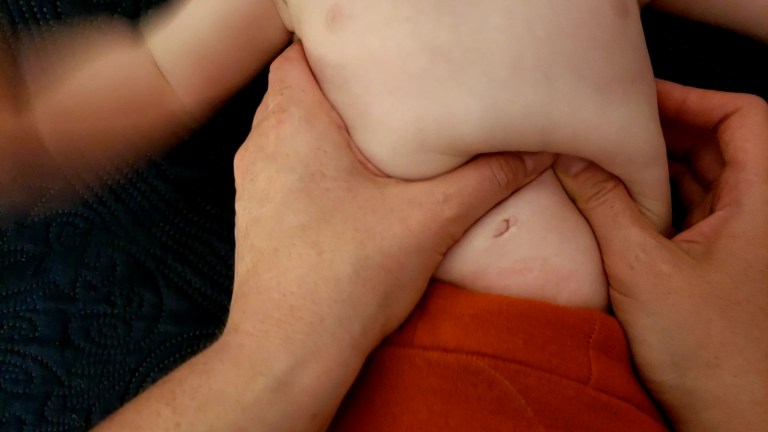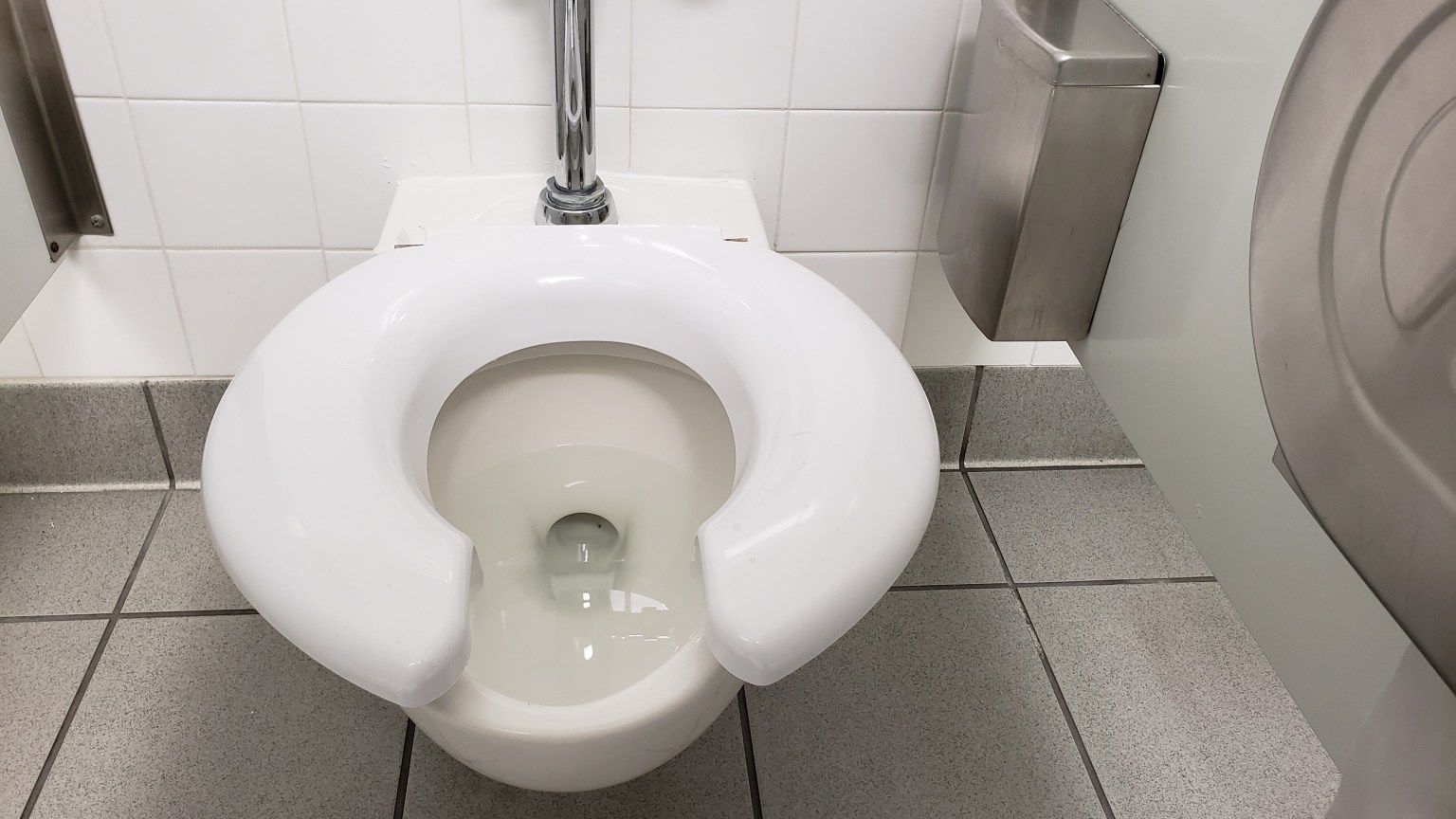Stress is a real thing. Just do a few minutes of research online, and you will easily find many research articles citing correlation and possible causal relationships between increased stress, hormonal changes, as well as longevity and quality of life.
A basic concept: stress may possibly lead to some pretty serious outcomes. But stress isn't always bad. We need a stressor to initiate our sympathetic nervous system (which is our 'fight or flight' system). This can protect us from a threat, can increase our respiratory rate so we have the oxygen we need to do a rapid task (i.e., running) to help keep us safe, as well as shunting blood to our large muscles, so they have the blood they need to help us perform these tasks. Stress and the sympathetic nervous system are both indeed needed.
But what about its counterpart? Our parasympathetic nervous system is responsible for calming our body and encouraging systems that need a relaxed state to function. When you hear the parasympathetic system, think "rest and digest." Aha. Digest. This is where we make the connection to pooping.
The parasympathetic nervous system facilitates our GI tract to function. It is the nervous system that tells our intestines to push stool through our GI tract. Without the function of this system, peristalsis would not occur. Peristalsis is the action of the intestine – which are made of muscle that we cannot independently control – to contract and relax in a method that forces the stool through the tubes that are our intestines. So, without the parasympathetic nervous system, we would have a difficult time digesting food. And in order to facilitate our parasympathetic nervous system, we need to rest.
There are a couple of factors related to the parasympathetic nervous system that I see in my patients and their families, that play a large role in how they progress towards continence and a constipation-free life.
The first is the stressors in the patient's and family's life. Family (often in the case of a constipated child, is a parent) shows love is the best way they know how. Unfortunately, sometimes that love turns into increased stress. I work with kids in the bathroom. It's not a glamorous part of my job, but I sit on the floor in front of the toilet and coach children through their body mechanics to effectively have a bowel movement. Often, when I'm here, the parent will start to increase their tone of voice and start to mandate things at the kiddo. I'm here to say that I know that comes from a place of love for the child, and frustration from the long road you've been on. But believe me when I say that creating a calm, quiet environment in the bathroom to help your child go is equally – if not more – important than how they push to evacuate stool. An increase of tone of voice, agitation or urgency in the restroom will only increase the kiddo's tone throughout their whole body – including their pelvic floor. Which means its highly unlikely anything is coming out.
The second is how the stress exacerbates itself in my patient's body. For me, when I'm stressed, I feel tight in my neck and shoulders. This is where I tend to carry my stress, and so I need to stretch my neck and shoulders. Stress is a normal thing, but it is how we respond to it that makes the difference. For the kids that I see in my office, they often tend to carry their stress in the abdomen, or their pelvic floor. Both can affect the GI system significantly – either by sustaining the tone in the abdomen which decreases the mobility of the intestine or by sustaining tone in the pelvic floor which makes it more difficult to evacuate urine and stool out through their appropriate orifices.
The third is the patient's and family's acknowledgment of what these stressors are, and that they affect the body. If the family doesn't quite believe that these stressors can affect the patient's GI system (or really, anyone's system for that matter), the stress will likely continue to be present, and the effects of that stress will remain.
I will not be able to ever know what it feels like to spend multiple times per day in the restroom, fighting with my kids to get them to sit and try, while they yell and refuse. But what I do know is that once I set the expectation in therapy, and set the example, families and kids tend to have a much easier time following through to create that calm environment at home.
Has the restroom been a room full of yelling and fighting, or calm instruction? If your child won't listen to you to create a calm environment, do you have another family member or friend that could come and reset the situation and expectation in the restroom? How can you change your current situation to help your child remain calm through this difficult journey, versus feeling frustrated?
Related Posts










